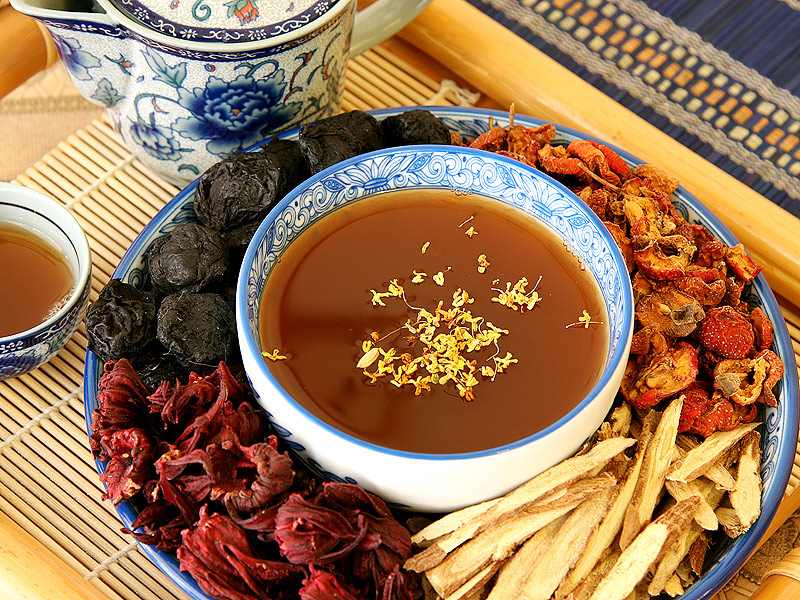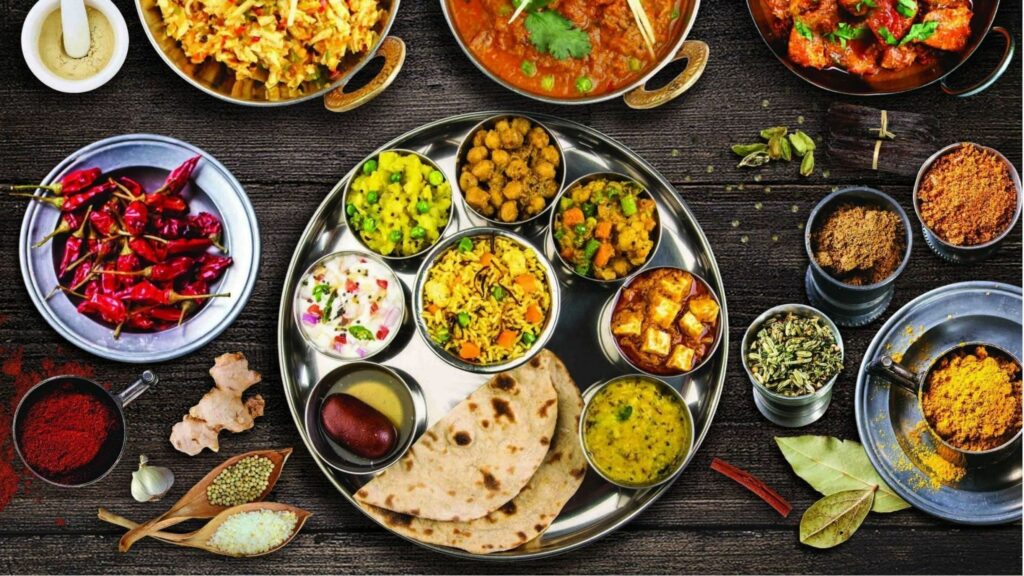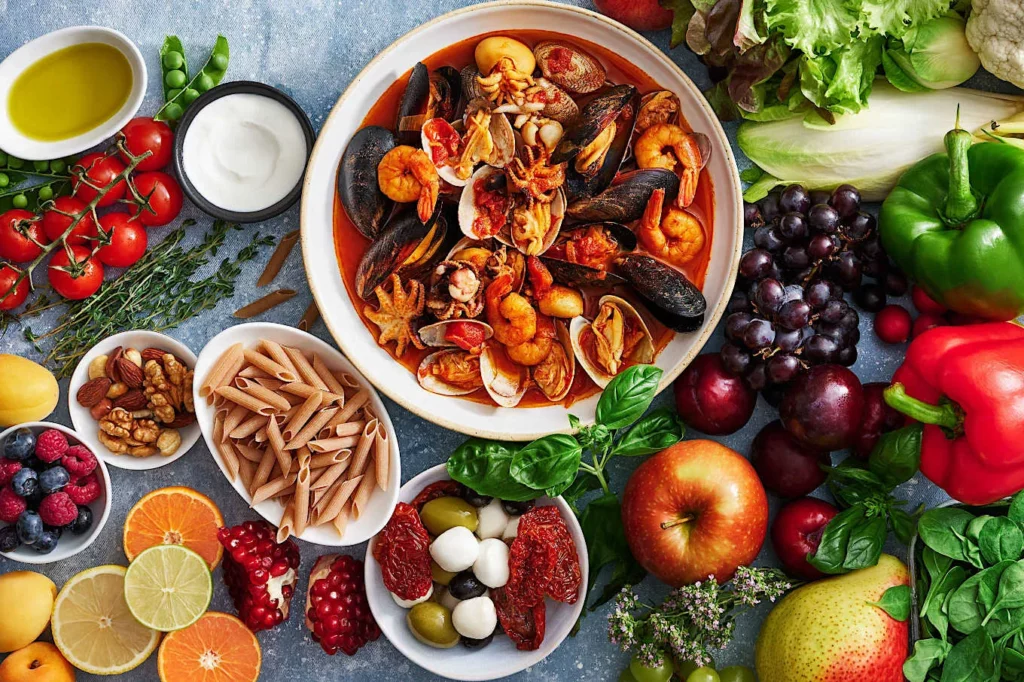Across the globe, cultures have long recognized the power of food as medicine. Traditional diets often include ingredients that not only nourish the body but also promote healing and balance. From Chinese medicinal soups to Indian Ayurvedic dishes and the Mediterranean diet, these ancient food traditions offer a wealth of knowledge on how to eat for wellness.
Chinese Medicinal Soups

In Chinese culture, food and medicine are deeply intertwined. Chinese medicinal soups, known as “tang,” are a prime example of how food can be used to heal and maintain health. These soups are often slow-cooked with herbs, roots, and other natural ingredients believed to restore balance to the body.
For example, Ginseng Chicken Soup is a popular dish that combines the strength-enhancing properties of ginseng with nourishing chicken. This soup is often consumed to boost energy, improve circulation, and strengthen the immune system, particularly during the cold winter months. Another common medicinal soup is Eight Treasure Soup, which includes ingredients like lotus seeds, red dates, and goji berries, all known for their health benefits. This soup is believed to improve digestion and promote longevity.
Chinese medicinal soups are more than just meals; they are carefully crafted remedies designed to target specific health concerns, reflecting a holistic approach to wellness.
Indian Ayurvedic Dishes

Ayurveda, the ancient Indian system of medicine, emphasizes the importance of diet in maintaining health and preventing disease. Ayurvedic cuisine focuses on balancing the three doshas—Vata, Pitta, and Kapha—which are believed to govern the body’s functions.
One of the staples of Ayurvedic cooking is Kitchari, a simple dish made from rice and lentils. This dish is easy to digest and is often used in Ayurvedic detox programs, known as panchakarma, to cleanse the body of toxins. The combination of rice and lentils provides a complete protein, and when cooked with spices like turmeric, cumin, and ginger, Kitchari becomes a healing dish that balances digestion and supports overall wellness.
Another Ayurvedic dish, Golden Milk, is a warm drink made with milk and turmeric, often combined with ginger, black pepper, and honey. This soothing beverage is traditionally consumed to reduce inflammation, improve digestion, and boost the immune system. Golden Milk is a perfect example of how Ayurveda uses simple, natural ingredients to promote health.
Mediterranean Diet

The Mediterranean diet is widely celebrated for its heart-healthy benefits, but it also offers a wealth of healing foods that have been staples in the region for centuries. This diet emphasizes fresh vegetables, fruits, whole grains, nuts, and olive oil, along with moderate consumption of fish and wine.
One of the key elements of the Mediterranean diet is olive oil, which is rich in monounsaturated fats and antioxidants. Olive oil has been shown to reduce inflammation and lower the risk of chronic diseases such as heart disease and cancer. The diet also includes plenty of leafy greens, like spinach and kale, which are packed with vitamins, minerals, and fiber that support digestive health and reduce inflammation.
The Mediterranean diet’s focus on fresh, whole foods and its balanced approach to eating make it a powerful tool for promoting long-term health and wellness. This diet not only nourishes the body but also supports mental and emotional well-being, thanks to its emphasis on social eating and enjoying meals with others.
Traditional healing foods from around the world offer a rich tapestry of dietary wisdom that can help us eat for wellness. Whether it’s a bowl of Chinese medicinal soup, a plate of Ayurvedic kitchari, or a Mediterranean salad drizzled with olive oil, these foods remind us that eating well is about more than just calories—it’s about nourishing the body, mind, and spirit.
